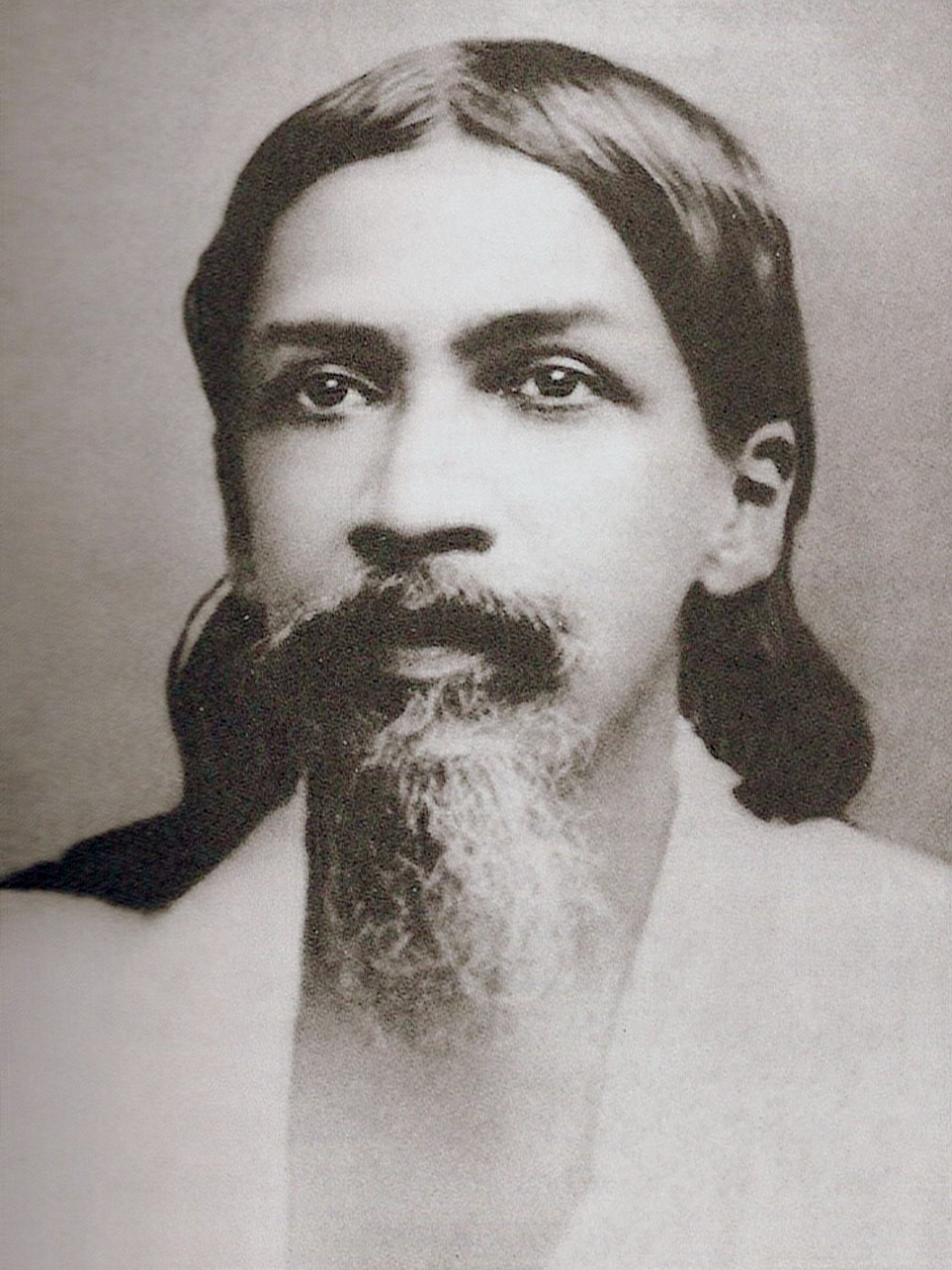Bhoga is a sanskrit word meaning ‘Enjoyment’. Quite simply, the Bhoga System tools are powerful, fitness enhancing tools that are enjoyable to use. There is a great value to enjoyment for overall fitness and balance. It is only natural as we enjoy and use the Bhoga regularly, we will experience increased vitality and fitness. A natural and easeful component of our overall fitness regime.
Enjoyment, without attachment, is Bhoga. A key and necessary ingredient for a healthy body and mind. It seems simple enough.
Bhoga Controversy
Amazingly, controversy has surrounded the meaning of ‘Bhoga’ for over 100 years!
In 1910 Sri Aurobindo wrote an essay in his progressive weekly review, ‘The Karmayogin’. The following essay titled, ‘ Ascetism and Enjoyment’ sheds light on misconceptions and shares his insights about the true meaning of ‘Bhoga’.
– Small things are often indicative of great and far-reaching tendencies. While glancing at the Modern Review,— always the best worth perusal of our Indian monthlies,— our attention was arrested by a slight illustrated article on Railways in India and America.
The writer contrasts the squalor, indigence and discomfort of railway travelling in this Paradise of the efficient Anglo-Indian with the lavish comfort and opulence of railway furnishings and appointments in the United States. The contrast is indicative of the immense gulf between the teeming wealth of America and the miserable indigence of India, once the richest country in the world. America is the land above all lands where enjoyment, bhoga, is frankly recognised and accepted.
India, many would say, is the land above all lands where bhoga is sternly refused. That is the common view; we are not inclined to think it the correct view. The asceticism of India is a phase, a characteristic of a civilisation dominated by an unfavourable environment and driven in upon itself.
The classical period when India was full of life, activity, development, abounding vigour, defending herself successfully against the impact of the outer barbarian, was a period of frank and lavish enjoyment far more intellectual, artistic, perfect than anything Europe has ever been capable of, even at its best. In yet older literature we find the true spirit of India, a splendid capacity for bhoga and tyaga in their highest terms, the utter enjoyment of the householder, the utter renunciation of the sannyasin. To take the utmost joy of life, to be capable of the utmost renunciation of life, at one and the same time, in the same mind and body, to be master of both capacities and bound by neither,— this was the secret of India, the mighty discipline of which Janaka was the traditional exemplar. “Renounce all that thou mayest enjoy all,” — this is India’s characteristic message,— not Buddha’s absolute renunciation, not the European’s enslavement to his bodily, vital and intellectual desires and appetites. Tyaga within, bhoga without,— Ananda, the divine delight of the purified soul, embracing both.
The following link is the essay written by Sri Aurobindo for the 1910 Karmayogin Review:

